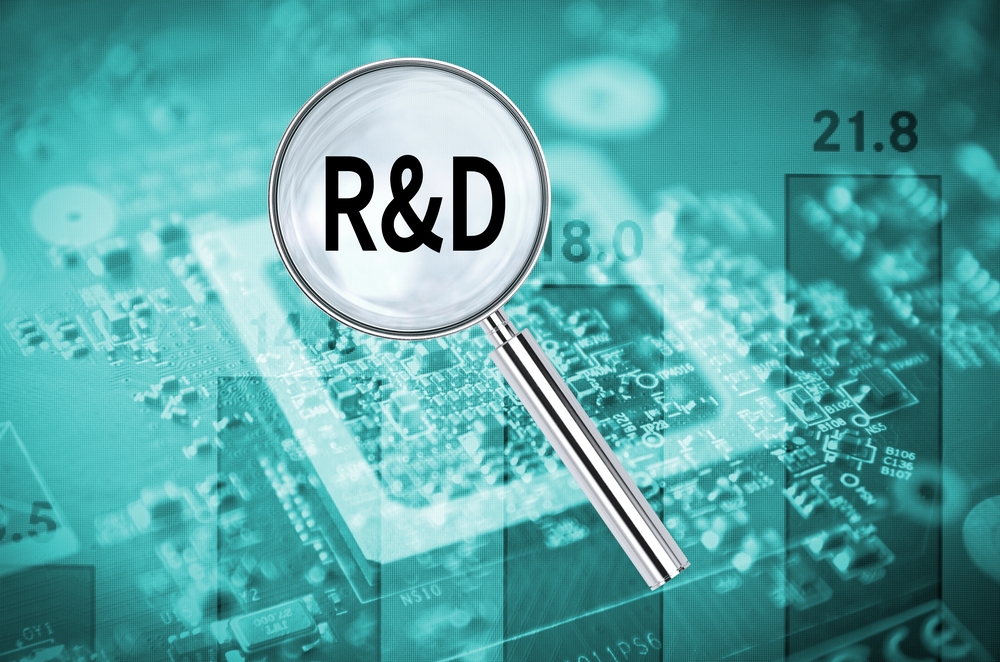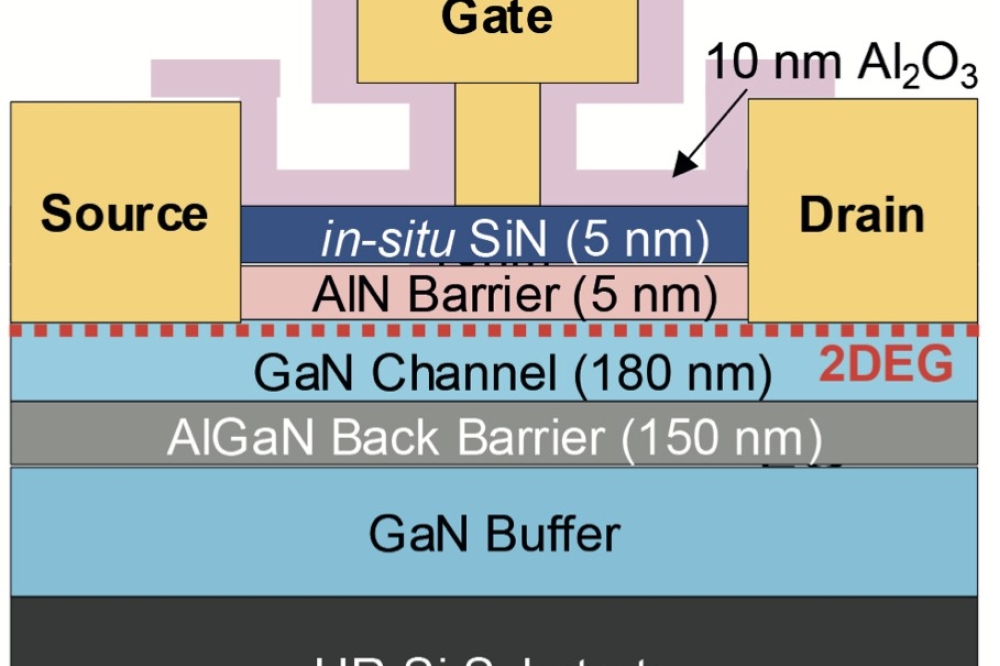Delft University orders Veeco tool for materials research

Veeco Instruments has announced that the Materials for Energy Conversion and Storage Group (MECS) at Delft University of Technology has ordered its Fiji F200 Plasma-Enhanced Atomic Layer Deposition (PE-ALD) system.
"Our colleagues with the Kavli Nanolab at Delft have reported great success working with the Fiji F200 for their nanotechnology R&D, and we are confident the system's capabilities will also serve us well as we pursue new materials for sustainable energy applications," said Fokko Mulder, professor of applied sciences and integrated energy systems at Delft University of Technology, based in the Netherlands. "In particular, we were drawn to the Fiji's world-class reputation, flexible PE-ALD system architecture, and excellent service and support backed by the technical expertise of Veeco's ALD scientists. After evaluating different options, the Fiji F200 proved the best platform to meet our advanced experimentation needs."
The Fiji series is a modular, high-vacuum ALD system that accommodates a wide range of thermal and plasma-enhanced deposition modes using multiple configurations of precursors and gases.
With over 500 systems installed worldwide, Veeco's ALD platforms are used in a wide variety of research and industrial environments, including 3D nanofabrication, electronics, batteries, solar cells, energy and compound semiconductors, as well as exciting new applications to solve some of the world's most pressing technology and resource challenges.
"The MECS group is one of the top research departments in the world working to meet the growing demand for renewable sources and energy storage solutions," said Gerry Blumenstock, vice president and general manager of MBE and ALD products at Veeco. "We look forward to helping Professor Mulder and his team at Delft to maximize the benefits of ALD for this important research."
According to the US Energy Information Administration, global energy consumption will increase by 28 percent between 2015 and 2040, and renewables are the fastest-growing energy source with adoption expected to increase by an average of 2.3 percent each year through 2040.
The intermittent nature of renewables is also driving the importance of advanced energy storage research and solutions. The global market for energy storage of renewables is predicted by Navigant Research to grow exponentially from its current nascent stage to reach $23 billion by 2026.


































